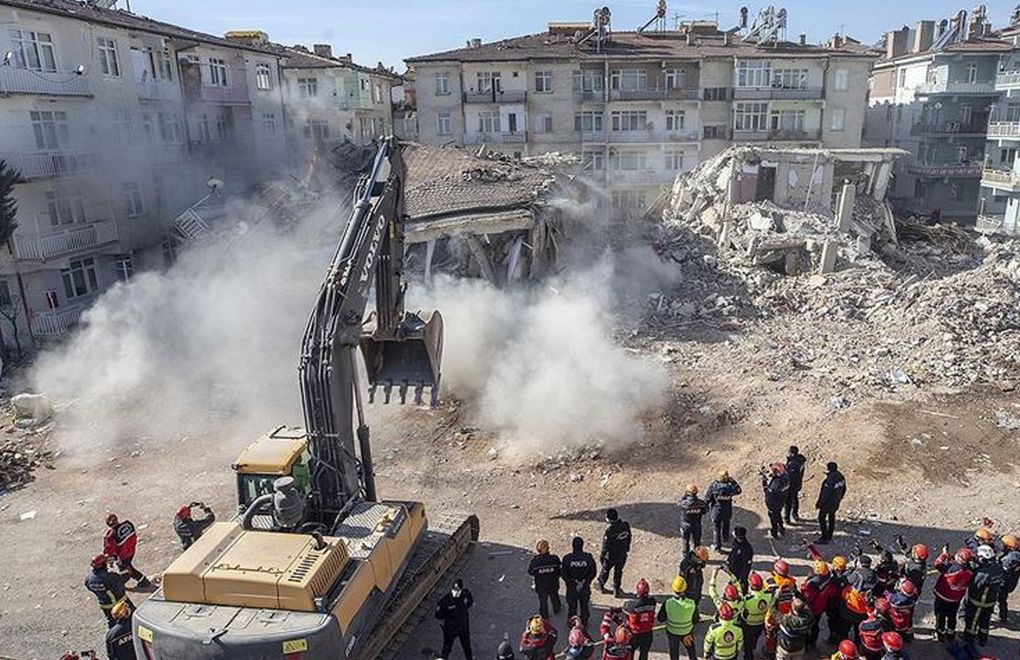* Photo: Anadolu Agency (AA)
Click to read the article in Turkish
The Republican People's Party (CHP) conducted a field survey in Turkey's eastern province of Elazığ, which was hit by a 6.8 magnitude earthquake that claimed the lives of 41 people on January 24, 2020.
Visiting the city on January 7 and 8, 2021, the party representatives met people and shop owners as well as neighborhood and village heads in Sivrice and Maden districts, Gazi Street, Rızaiye, Mustafa Paşa and Abdullah Paşa Neighborhoods in Central Elazığ and DoğuKent Container City.
'Process was not transparent'
The party has shared its main findings and recommendations based on its field survey and visits in the city. Indicating that "the public aid has fallen short" of meeting the needs of people, the party has briefly said:
"The majority of houses planned to be constructed have not yet been completed; the process aimed at tackling the needs and problems of citizens having problems with housing was not participatory or transparent.
"The citizens whose buildings were demolished without their consent have not been informed about their receivables and debts; the related process was not conducted in a transparent and informative manner.
"The valuation was not carried out in a fair manner; some of the places declared as risk areas were 'stocked out of concerns for unearned income'; as houses were constructed on certain parts of risk areas, narrow and dense high-rise buildings that do not meet the needs of people were constructed; it has undermined the citizens' trust in the state and public institutions.
'Urban transformation in a top-down manner'
"It is observed that the economic hardships faced by shop owners due to the earthquake have been aggravated further as a result of the pandemic and urgent rehabilitation, exemption and discount efforts are needed.
"The zoning plans and urban transformation were carried out in such a way that these processes were far from being participatory, did not protect the cultural memory and fabric of the city, did not consider earthquake risk and were implemented in a top-down manner.
"It is understood that the citizens, aggrieved by the earthquake, have limited access to education, also as a result of the distance education amid pandemic; there is hardly any access to education in the container city.
"As the administrative mentality was not transparent and did not prioritize people' participation in the decision-making and planning processes, an earthquake-resistant city has not been constructed.
"It has been detected that in aiding the citizens who have lost their houses and/or who were not allowed to take their jewelry from their damaged houses, the principle of social state was not observed and objects such as cook stoves and heating stoves were lent to citizens."
Concluding its report, the main opposition party has also listed a series of recommendations, including the immediate enactment of the bill on faultlines and a revision of the zoning plans. (SO/SD)

